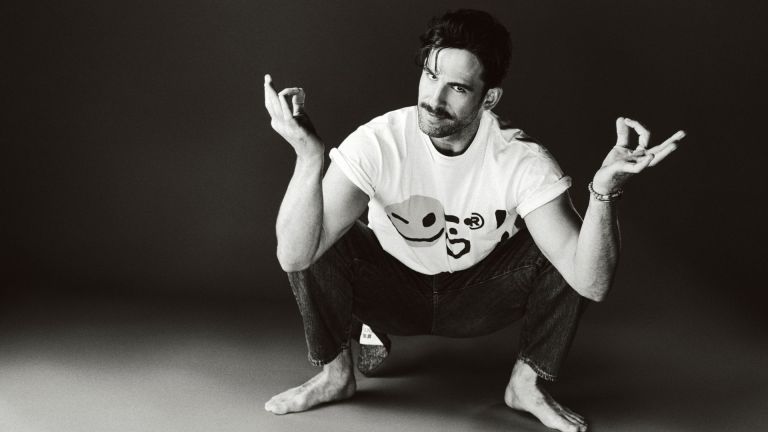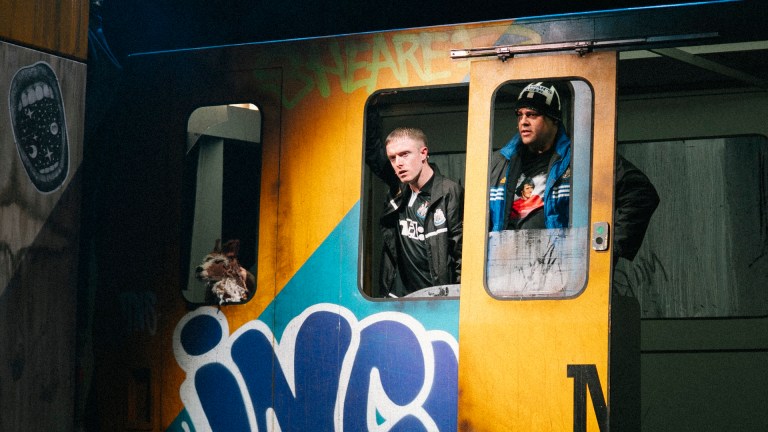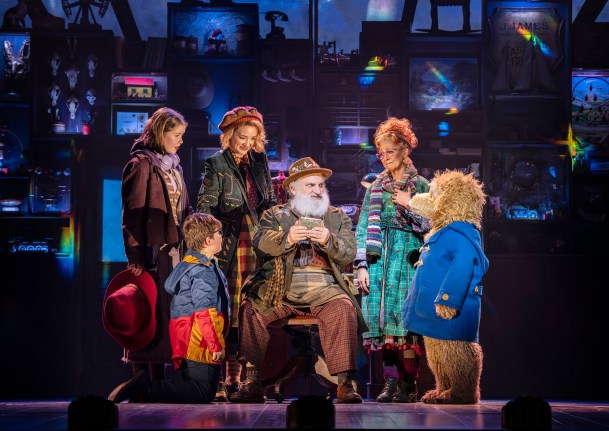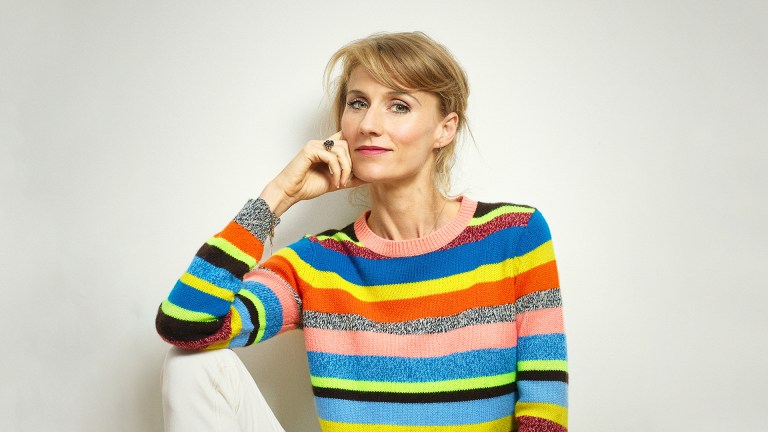It’s easy to despair at the levels of impunity for war crimes, crimes against humanity, even genocide. The idea that justice could ever catch up with war criminals feels ever more distant.
What makes it more painful is that we have more visual evidence than ever before of crimes – from iPhones and satellite images, livestreams and leaked documents – yet seemingly ever less ways of making that evidence count. The pictures of murdered civilians, ruined buildings, bombed schools and hospitals are delivered instantly – and that makes the chasm between crime and justice even more painful.
Get the latest news and insight into how the Big Issue magazine is made by signing up for the Inside Big Issue newsletter
As an author and journalist this contrast between how easy it is to gather facts, and how hard it is to put the guilty in the dock, has been achingly frustrating. We are meant to hold the powerful to account with ‘the truth’. But what if the powerful don’t care about being caught red-handed any more? What if truth has become impotent?
In Ukraine, where I focus my work, there have been more than 130,000 war crimes. Many journalists write about them, but after your article or documentary comes out little happens. The frustration grows. Words and stories seem pointless. Putin’s invasion continues, murderously relentless.
I co-created The Reckoning Project to overcome that despair by putting together two professions – lawyers and journalists – that rarely work together but have a common cause to bring perpetrators to account and to help victims. To put it simply: lawyers need journalists and other storytellers to collect evidence and to keep up the public pressure to bring perpetrators to justice. Journalists need lawyers to bring the evidence they find to courts of law, help impose sanctions and inform international bodies like the UN.









